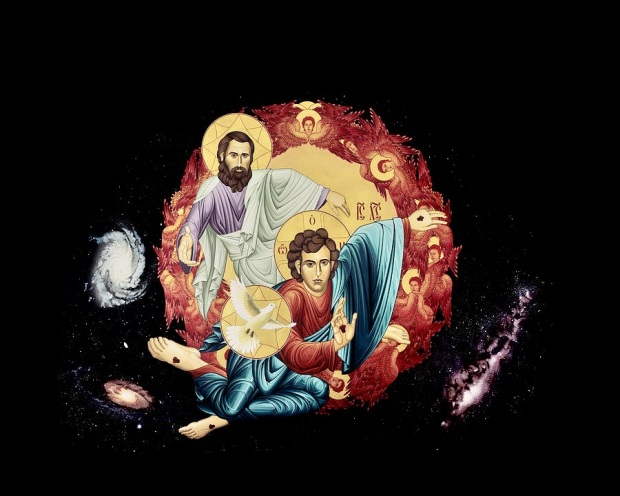If reading this by email, please tap the title at the top to open your browser for the best experience. Then, clicking individual pictures will reveal higher resolution images.
An observation, a statement, or even a casual comment, may strike us as involving what we call a contradiction. A contradiction involves at least two mutually exclusive claims. Something cannot be both true and false, we like to think.
Yet, with things like photos, we can observe that they may be both light and dark, or both clear and fuzzy looking. Or regarding a poem, we might say it is both meaningful as well as obscure in its meaning. Claims regarding contradiction therefore call for precision, and awareness of context.
One way of viewing objects of attention, and the appearance of contradiction, is to say these things involve paradox. A picture or a description of it , or a picture’s characterization, may also be termed as paradoxical.
Then there are metaphors, which can be beautiful. Especially when – with unanticipated insight – they juxtapose ideas that otherwise would seem to form unlikely pairings. Such metaphors can help us to perceive how apparently contradictory statements, observations, or claims, can each be true.
Not all metaphors do this. But metaphors help our perception and understanding. For this reason, metaphors play a significant role in the Bible, and not in just in the scriptures holy to the Judeo-Christian tradition.
From pastoral experience, I know that various selections from the Bible can strike readers and hearers as involving contradiction. Moving beyond a simple conclusion – that what has been read or heard is contradictory – can be a challenge, and this calls for intentionality. For beauty is not always immediately discerned. The challenge lies in learning to perceive how the same reading may involve paradox as well as metaphor, and that these aspects of the text are intended to be illuminative.
One of the divinely intended purposes of the Bible is to help us perceive, to perceive more than we do now, and therefore to perceive more wholly. The primary purpose of the Bible – and of, we may charitably assume, the sacred scriptures of any religious tradition – is to help us perceive what is holy.
Robert Lentz, The Holy Trinity (featuring Creation, and astronomical images)
These insights may therefore be just as important for Christians as they read the scriptures of other peoples, as they are for when we read the Bible.
For there is one God, who in love shares self and wisdom with the whole cosmos.
Here is a relevant paradox. God may in love share self and wisdom with all the peoples of the world. Yet, it may be that God does not share self in the same way with all people, nor the same wisdom. If this is so, then the reason why ultimately lies in the inscrutable wisdom of God. Yet, possible reasons for why God does or does not share self and wisdom in the same way with different people are suggested in our own scriptures.
Perceiving this, we are moved to listen and read the Bible, and especially our lectionary readings from it, attentively and with a well-founded expectation of spiritual fulfillment.


